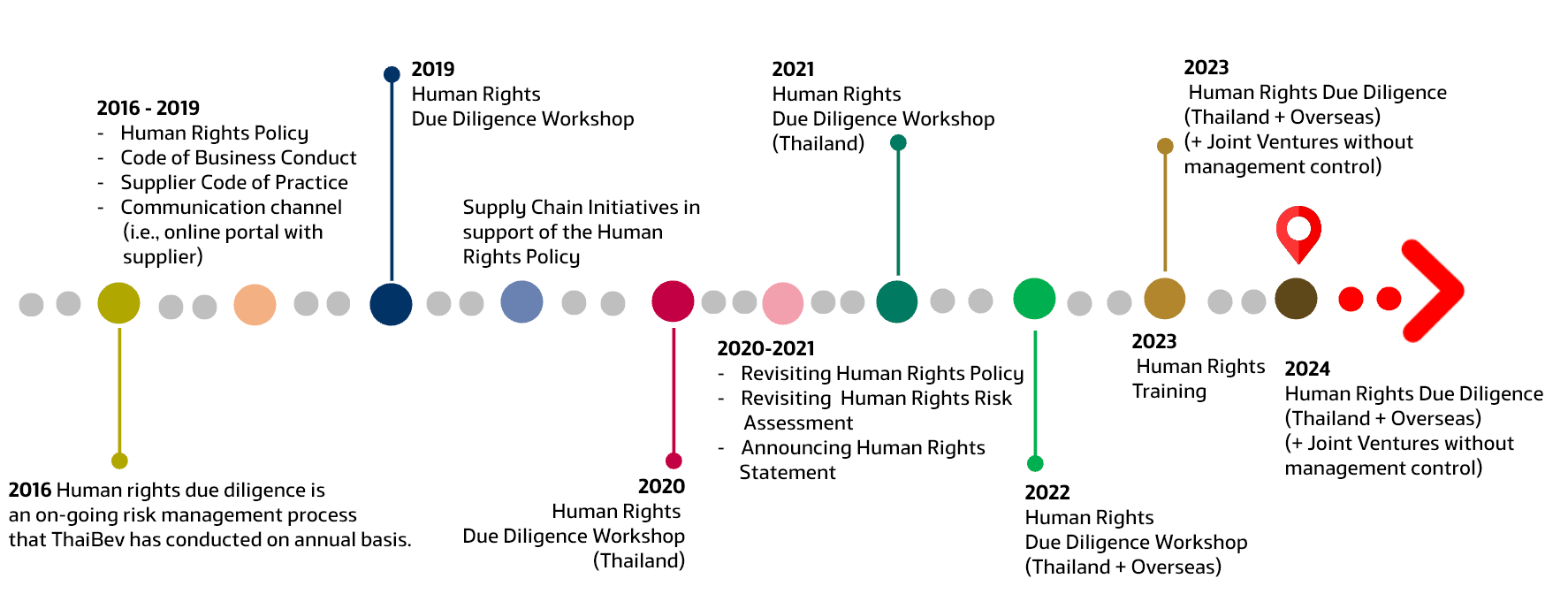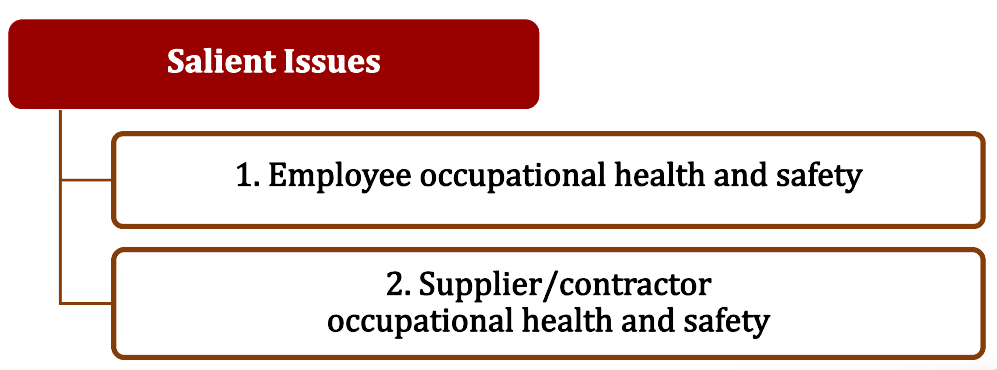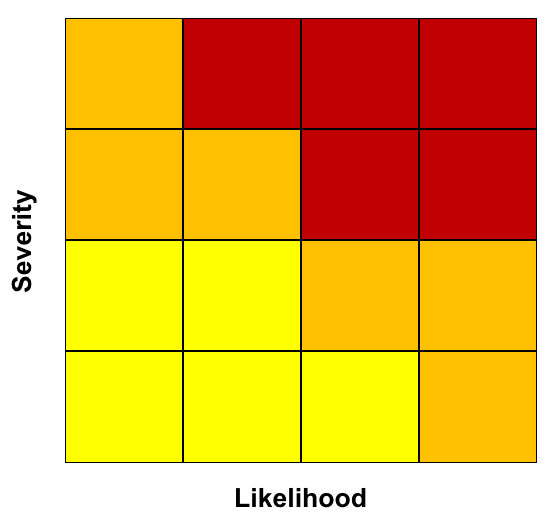

The objective of human rights due diligence is to identify, prevent, mitigate adverse human rights impacts that occur from ThaiBev’s business activities throughout value chain, as well as to identify and assess how ThaiBev addresses those impacts and remedies affected stakeholders.
UN Guiding Principles on Business and Human Rights (UNGP) is foundation of ThaiBev’s human rights due diligence process.
This due diligence program has been organized annually since its inception in 2016.
ThaiBev is committed to respecting the human rights of all stakeholders. As such, the company operates in line with international human rights principles and labour standards, including the United Nations Universal Declaration of Human Rights and the International Labour Organization’s Declaration on Fundamental Principles and Rights at Work. ThaiBev expects all Directors, Executives and Employees in its businesses, including those in its subsidiaries, joint ventures, and new business relations (i.e. through mergers and acquisitions), as well as suppliers and business partners, to respect the human rights of all stakeholders to ensure that all are respected equally. In doing so, strict compliance with the company’s Human Rights Policy is compulsory for all stakeholders.
Key human rights aspects covered in the company’s Human Rights Policy and Statement include discrimination and harassment, forced labour and child labour, freedom of association, rights to collective bargaining, equal remuneration, working conditions, and workplace safety and health. All ThaiBev stakeholders must comply with these aspects according to laws and regulations and aim to satisfy them with the highest possible standards.
The human rights risk assessment covered
100% of ThaiBev’s operational sites (in Thailand and Overseas) which were categorized by business activities:
- Main business activities: Sourcing, Production, Distribution and Logistics, Marketing and Sales, and Post-consumption Packaging Management
- Supporting business activity: Human Resources
Additionally, the human rights risk assessment covered
100% of ThaiBev’s Tier 1 suppliers and Joint Ventures without management control.
- Forced labour
- Human trafficking
- Child labour
- Freedom of association
- Right to collective bargaining
- Equal remuneration
- Discrimination and harassment
- Working conditions and Occupational Health and Safety
- Related issues (e.g. Data Privacy, Land acquisition and Forced Re-Settlement, Customer Heath and Safety)
Vulnerable groups considered include:
- Women
- Children
- Indigenous people
- Migrant workers
- Third-party employees
- Local Communities
- LGBTQI+
- People with disabilities
1 |
Human Rights Issue Identification
- Identify all relevant human rights issues to ThaiBev’s own operations, value chain, and new business relations by considering impact to business and potential rights holders effected
- Identify affected groups of stakeholders, including vulnerable people i.e. women, children, indigenous people, migrant labour, third-party employee, local communities, LGBTQI+ and people with disabilities
|
2 |
Inherent Risk Ranking
- Ranking inherent risks (risks without controls/ measures) of identified human rights issues.
|
3 |
Residual Risk Ranking
- For high inherent risk, ranking residual risks (risks with existing company’s controls/ measures)
|
4 |
Risk Prioritization
- Prioritizing human rights salient issues, referring to identified human rights issues with high residual risk.
|
Identification of relevant human rights issues, which are related to ThaiBev’s own operations throughout its business activities, its value chains and its business relations (i.e., joint ventures), is completed through peer benchmarking of companies in a food and beverage sector, revisiting ThaiBev’s past salient human rights issues, and updating global trend of human rights. The scope of ThaiBev’s relevant human rights are shown below.
Internal Source
- Grievance mechanism
- Whistleblowing channels
- Company’s communication channel, where stakeholders/ rights holders are allowed to express or report
External Source
Country Level
- External reports
- News
- Social Media
Industry Level
- Disclosure of peers in the industry (i.e. Sustainability Report, Integrated Report, Website)

Labour/ Employee Rights
- Working condition
- Occupational health and safety
- Freedom of association and right to collective bargaining
- Discrimination and harassment
- Illegal forms of labour

Community and Environmental Rights
- Health and safety
- Standard of living (Water and sanitation)
- Land acquisition and forced re-settlement
- Security forces

Supplier and
Contractor Rights
- Working condition
- Occupational health and safety
- Discrimination and harassment
- Vendor discrimination

Customer Rights
- Health and safety
- Data privacy
- Discrimination and harassment
The assessment of human rights risk level for inherent and residual risks was conducted using Human Rights Risk Assessment Criteria to determine the significance of the human rights.
- There are 2 assessment comprises of the Axis-X and the Axis-Y.
- The Axis-X is the assessment level of Likelihood.
- The Axis-Y is the assessment level of Severity.
- Level of Likelihood and Severity can be illustrated in Human Rights Risk Matrix.

ThaiBev prioritized its human rights' salient issues which are the human rights issues at risk of the most severe negative impact (Salient issue) through ThaiBev’s activities and business relationships. Issues ranked at “High Risk” are considered salient human rights issues.
|
High: Stop immediately. Risk is too high and not acceptable |
|
Medium: Requires attention to reduce the rating and regular ongoing monitoring |
|
Low: Continue with existing control; however, monitor for changes |
100%
- 100% of ThaiBev operational sites (total of 1,042 sites) were assessed human rights risk and impact.
- ThaiBev operational sites consist of subsidiaries and joint ventures (with management control).
5.76%
- 5.76% of ThaiBev operational sites (60 out of 1,042 sites) have been identified to have high human rights risks level (salient issues).
- ThaiBev has a total of two salient human rights issues, including:
- Employee occupational health and safety
- Supplier/contractor occupational health and safety
100%
- 100% of ThaiBev operational sites (60 out of 60 sites identified with high human rights risks) which identified with human rights risks, have mitigation measures and remediation process implemented.
- However, the company has mitigation measures and keeps monitoring risk that may occur to prevent human rights violation to all operational sites.
Once the human rights risks and impacts have been assessed, ThaiBev will ensure its management measures, particularly measures for salient issues which have high level of risks. When these management measures have been implemented, ThaiBev will further monitor and review the performance with a view to ensuring continuous development for maximum efficiency.
In 2024, ThaiBev has 2 following human rights salient issues.















